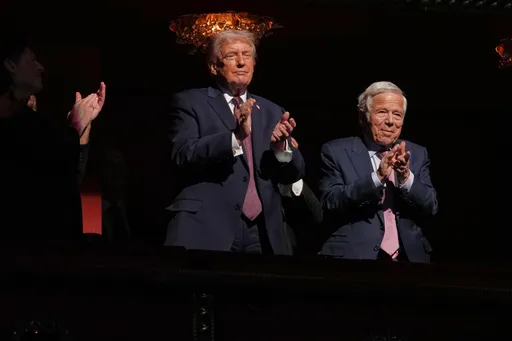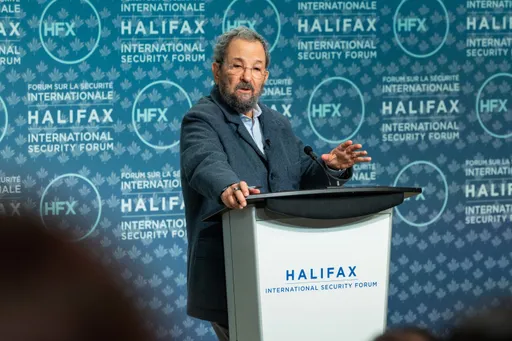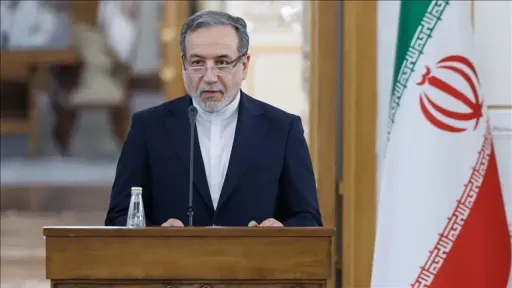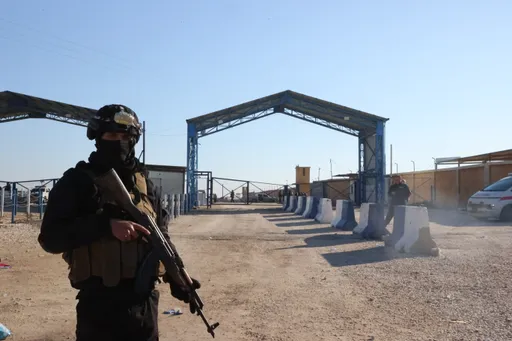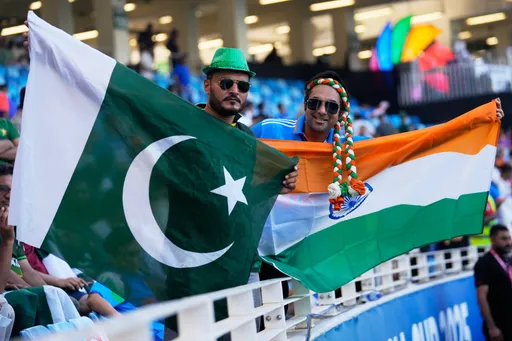As the United Nations (UN) commemorated its 78th anniversary on October 24, the organisation’s peacemaking role has once again come under international scrutiny and criticism amid Israel’s carpet bombing of the Palestinian enclave, Gaza.
Established in 1945 to foster global cooperation, preserve peace, and prevent conflicts, the UN stands at a critical juncture as it grapples with a range of challenges in conflict resolution.
Speaking to TRT World, Michael Fakhri, UN Special Rapporteur on the right to food, explains how food is being weaponised against civilians in besieged Gaza while the UN is leaving no stone unturned to bring pause to the conflict.
Yet nothing has changed on the ground while Israel remains unhinged.
Criticising Israel for escalating violence against Palestinians, Fakhri says: “It’s no longer a logic of rational calculation, but it’s logic of violence and war, also happening from multiple angles.”
He added that basic human needs like food, water, medicine, and fuel are being “weaponised” by Israel.
Highlighting the shortcomings of the UN in addressing the Israeli-Palestinian conflict and making an impact in securing a long-lasting peace in the region, Fakhri says, “We’re in such a dire situation today, which indicates that the institutions we have not been enough.”
Over nearly eight decades, the UN has engaged in peacekeeping operations through its agencies UNICEF, WHO, UNRWA, UNHCR, and UNDP. All these UN-affiliated agencies were designed to stabilise conflict-ridden regions with the help of essential aid deliveries.
Despite having a vast network of resources and access to every corner of the world, questions about the UN’s efficacy have always haunted the organisation.
In the last four weeks, with Israel going on a killing spree in Gaza following the October 7 surprise attack by Hamas' Qassam Brigades resulting in the tragic loss of over 10,000 lives, many wonder why the UN has been so ineffective in pressuring Israel to agree to a ceasefire.
Fakhri says that even the UN has been paying the human cost of Israel’s relentless carpet bombing of Gaza.
“The UN itself is not safe in this war, which is very telling,” he says, referring to over 80 UN staff killed by Israeli airstrikes in Gaza.
Louis Charbonneau, UN Director of Human Rights Watch, addressed the atrocities, saying, “The fact that you are attacked first doesn’t give you the right to then commit a crime in retaliation.”
UNSC ‘stuck’ and ‘lost efficacy’
The structure of the Security Council, particularly the veto powers held by its five permanent member states, has sparked discussions. Critics argue that these veto powers can hinder peacekeeping operations by allowing states to veto resolutions aligned with their interests.
“The deadlock in the Security Council is always predictable,” says Fakhri.
“There’s been a gradual loss in the adequacy of the Security Council for years. Very few things are likely to come out of the Security Council due to the veto power”.
Referring to the Security Council’s historical deadlock, Fakhri commented, “These institutions have not been doing their job, and now we’re seeing it in one of the direst situations we’ve witnessed in a long time, yet we’re still stuck.”
Fakhri emphasised that the Security Council’s five veto powers have “lost efficacy.”
According to Charbonneau, the US has used its veto to “protect Israel and shield it from criticism” after the US vetoed a ceasefire resolution at the UN Security Council on October 26.
Since October 7, four resolutions “have failed,” says Charbonneau. The US vetoed a resolution by Brazil calling for a ceasefire, a demand that is in compliance with international humanitarian law, as well as the immediate release of all Israelis who are held as captives by Hamas.
General Assembly shows global opinion’ yet ‘not binding’
With no solution emerging from the Security Council, the UN General Assembly stepped in, passing a non-binding resolution for a “humanitarian truce” in besieged Gaza at an emergency special session. The resolution received 121 votes in favour and 14 against.
Fakhri characterised the General Assembly’s call as indicative of “where global political opinion is going.”
“The General Assembly’s resolutions aren’t necessarily binding, but that speaks volumes. Most governments take a particular position, shifting political and public understanding of the path forward for peace,” he says.
Charbonneau echoed a similar view saying: “It sent an important message to the world about how many countries, mostly UN member states, want to see compliance with international humanitarian law.”
Instead of the Security Council fulfilling its role, which is undermined by the US’s veto power, he adds that the General Assembly conveyed a “strong political signal” to the world.
‘Israel must face jurisdiction’ at ICC
As a vital part of the United Nations system, the International Criminal Court (ICC) serves as a crucial mechanism for addressing genocide, guided by Article 6 of the Rome Statute.
The ICC intervenes when national legal systems prove unable or unwilling to address allegations of genocide, with jurisdiction extending to situations involving state parties, their nationals, or UN Security Council referrals.
Palestine’s accession to the Rome Statute in 2015 exemplifies this, granting the ICC authority over crimes on its territory related to the Israeli-Palestinian conflict.
In cases of genocide, the ICC ensures accountability on the international stage when national mechanisms fall short, emphasising its role as a last resort for justice.
Muhammed Demirel, a lawyer and associate professor in criminal law at Istanbul University, shared insights with TRT World on the UN International Criminal Court’s responsibilities and expectations regarding recent war crimes and international law violations.
Demirel says like there is an arrest warrant for Russian President Vladimir Putin at the ICC, a similar warrant can be issued for Israeli PM Benjamin Netanyahu.
"This is really important. If the ICC wants to show the world that it is objective, it should show the same approach to Netanyahu as it does to Putin. Putin could not go to South Africa due to an arrest warrant," he says.
And he adds, "In other words, the ICC's decisions are effective. What Israel has done so far, the civilian deaths, are many times more than what Russia has done in Ukraine."
In the past two weeks, Demirel says, there have been “seven international law violations”, concerning violations such as “deportation of the population, exposing a group to harsh living conditions, bombing temples and hospitals, intentional killing of peacekeeping personnel, use of white phosphorus, attacks on health and transportation units, and targetting an internationally protected refugee camp.”
For Demirel, the UN has become a “tool” employed by Western states to impose sanctions on weaker nations.
“If their commitment to international law is genuine, they should act accordingly and seek a trial,” he says.
Human Rights Watch issued a letter to the Prosecutor of the International Criminal Court on October 13, urgently requesting a public statement on the ICC’s mandate regarding Israel’s war on Gaza.
Charbonneau, the UN Director of HRW, says there is a “heightened sense of impunity on the Israeli side, with the belief that they can act with impunity.”
On October 30, ICC Prosecutor Karim A.A. Khan announced that there is an ongoing investigation into a past carpet bombing that Israel carried out in Gaza in 2014 and other acts of violence carried out by other groups, including those on the Palestinian side.
Charbonneau, referencing the ICC’s statement, expressed optimism that the ongoing investigations would pressure conflicting parties to adhere to international law.
Demirel, however, is sceptical about the ICC’s stand, stating, “It has shown its double standards so many times”.
“In its history, ICC has never convicted a Western country or a country with “power,” Demirel says.
“This is precisely why the African Union withdrew from the Rome Statute—because it did not provide them the means to bring actions against violations of international law to court. The number of convictions has included at least two out of three African leaders after they joined Rome Statute.”













